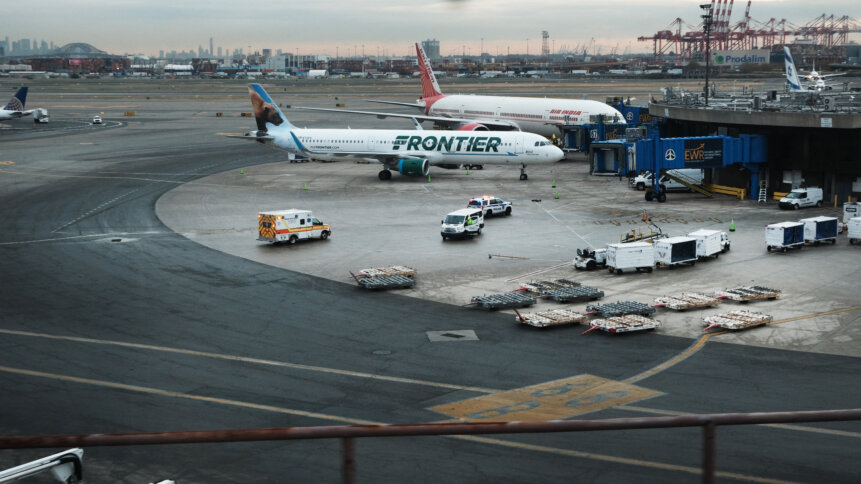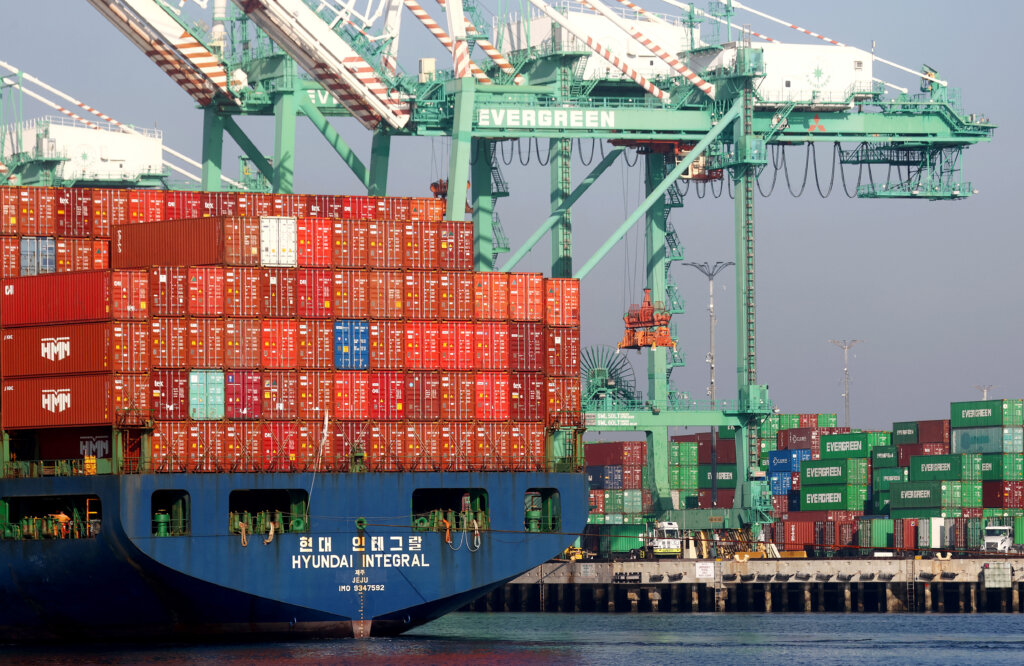Will the Omicron variant wreak havoc on the global supply chain?

The global supply chain and its many links may be headed for further disruption due to the new Omicron Covid-19 variant. The global supply chain in sectors like shipping and logistics has already experienced several major disruptions since 2020, not only from the pandemic but also labor shortages, shipment issues, and the Suez Canal blockage by the ship Evergreen earlier this year.
While some industry analysts say the global supply chain will show some improvements next year, the new covid variant may now end up leading to more delays. Nations have begun imposing travel bans and flight restrictions on countries affected by the new variant. Within shipping and logistics, the new variant may disrupt trading routes as South Africa (where the variant originated) is a key part of global shipping routes.
A Reuters report quoted a senior Amazon executive who said it remains too early to predict how the Omicron coronavirus variant will impact consumer spending during the holiday season, but suggested that shoppers will press ahead for now. Dave Clark, chief executive of Amazon’s worldwide consumer business, said he was “incredibly optimistic” about the ability of scientists, researchers and pharmaceutical companies that have developed effective vaccines to respond to the new variant, while shoppers take stock of developments.
Meanwhile, AFP reported that the US economy continues to struggle with supply issues that have pushed prices higher in recent weeks, despite signs of easing. The Federal Reserve said business in several parts of the country bemoaning that despite strong demand, growth was constrained by supply chain disruptions and labor shortages.

(Photo by MARIO TAMA / GETTY IMAGES NORTH AMERICA / Getty Images via AFP)
Strong pent-up demand from American consumers as the US economy reopened from earlier pandemic shutdowns, has posed a challenge to companies that have been struggling to obtain products and materials from foreign suppliers, which in many cases continue to face restrictions.
The auto industry was hit hard by a global shortage of important computer chips, but shipping bottlenecks have been felt throughout the economy. And now, with the Omnicon variant causing more havoc to the global supply chain, there is no telling how much more disruption the industry is about to face.
The Organisation for Economic Co-operation and Development (OECD) has also warned that the Omicron coronavirus variant threatens global economic recovery as it lowered the growth forecast for 2021 and appealed for a swifter rollout of Covid vaccines. OECD reported the recovery has “lost momentum” as it cut the outlook of top economies including the United States, China, and the Eurozone.
“We are concerned that the new variant of the virus, the Omicron strain, is further adding to the already high levels of uncertainty and risks, and that could be a threat to the recovery,” OECD chief economist Laurence Boone said at a press conference. While the OECD said it was cautiously optimistic about the recovery, the organization warned that health, high inflation, global supply chain bottlenecks, and potential policy missteps are all key concerns.
For big tech companies, carmakers, smartphone, and electronics manufacturers, any more disruption to the global supply chain could only lead to more delays in the delivery of their products. The global chip shortage has already resulted in multiple delays (and mounting lost revenue) for tech gadgets, smart cars, and other electronic products.
While the year seemed promising for resilient supply lines with minimal delays leading into 2022, the new variant may just have organizations going back to the drawing board to see how they can make the most out of having to deal with the global supply chain disarray.










